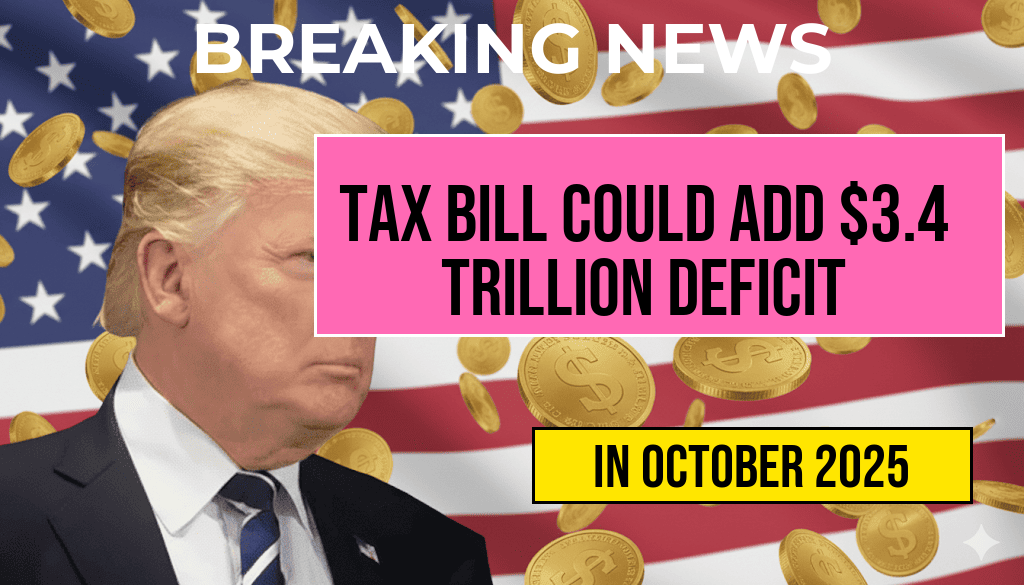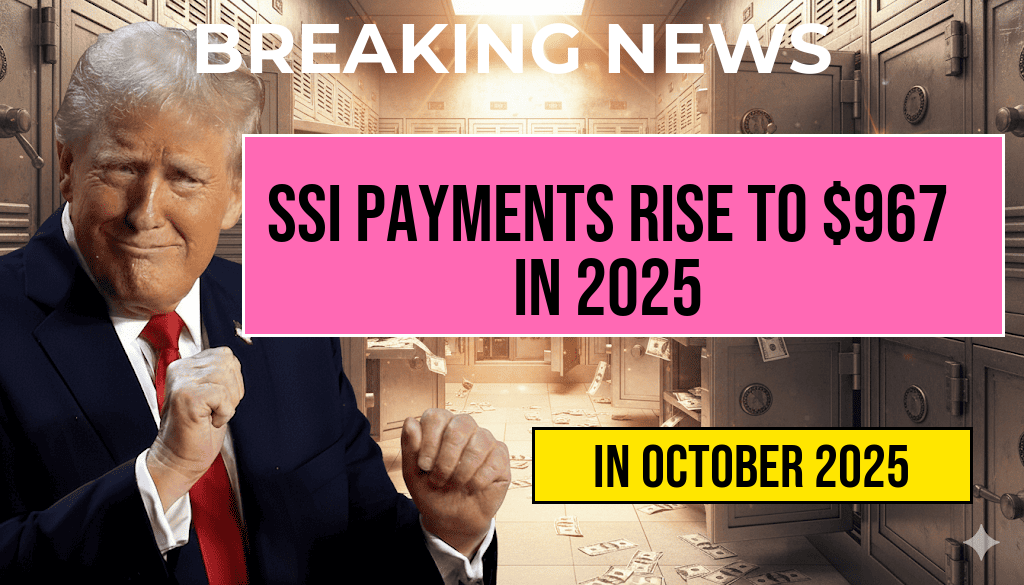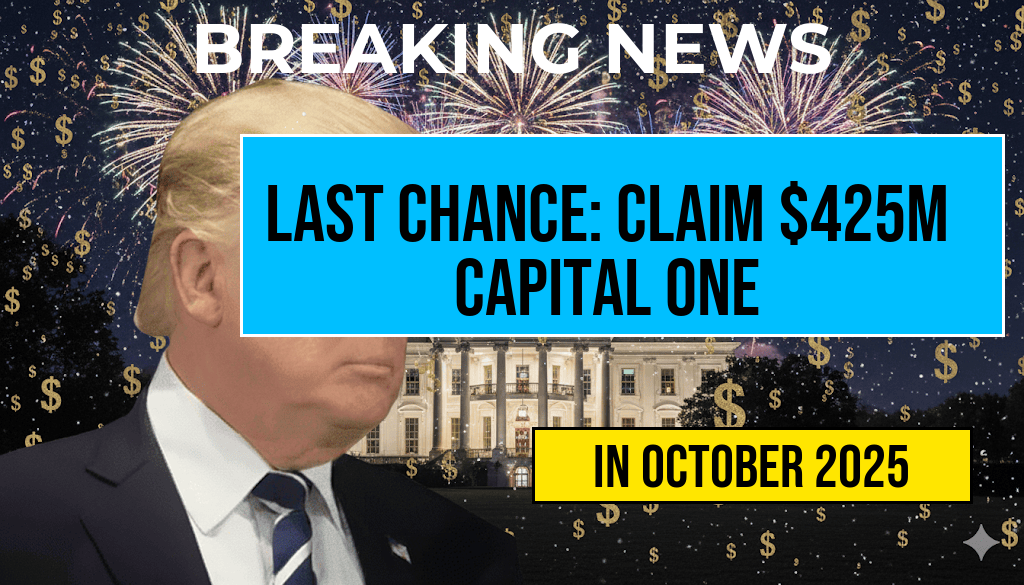Concerns are mounting among policymakers and financial analysts regarding the proposed legislation dubbed the “One Big Beautiful Bill,” which aims to overhaul numerous tax and spending policies. Experts warn that if enacted as currently drafted, this legislation could result in an alarming increase in the federal deficit by approximately three point four trillion dollars. The bill’s proponents highlight its potential to stimulate economic growth and streamline government operations, but critics argue that the fiscal risks outweigh the benefits. As debates intensify in Congress, understanding the bill’s projected fiscal impact and the broader implications for the U.S. economy has become a priority for stakeholders across the political spectrum.
Key Provisions and Intended Goals
The One Big Beautiful Bill encompasses a broad array of reforms, including adjustments to tax rates, deductions, and government spending programs. Its advocates claim that the legislation aims to simplify the tax code, boost economic activity, and create jobs, particularly through targeted tax incentives for businesses and individuals.
Major components include:
- Reduction of corporate tax rates from 21% to 15%
- Expansion of child and family tax credits
- Elimination of certain deductions for high-income earners
- Increased funding for infrastructure projects
- Streamlining of regulatory processes for small businesses
Supporters contend that these measures could lead to increased investment, higher productivity, and a more competitive economy. However, critics warn that the bill’s fiscal assumptions may overlook the long-term costs associated with its expansive spending and tax cuts.
Projected Fiscal Impact and Concerns
Estimating the Deficit Increase
Analysts from the Congressional Budget Office (CBO) and independent think tanks have evaluated the bill’s fiscal trajectory, concluding that it could add approximately $3.4 trillion to the national deficit over the next decade. This figure accounts for both the revenue reductions from tax cuts and the increased government expenditures on expanded programs and infrastructure initiatives.
Table 1 summarizes the projected budget impacts:
| Component | Estimated Cost/Revenue Loss (in trillions USD) |
|---|---|
| Tax cuts for corporations and high-income individuals | $1.8 |
| Expansion of social programs and credits | $0.9 |
| Infrastructure and government spending | $0.7 |
Sources such as the Congressional Budget Office provide detailed analyses, emphasizing that without offsetting revenue measures, the bill’s impact could significantly challenge fiscal discipline.
Political and Economic Reactions
Legislative Divisions
Party lines appear to heavily influence opinions on the bill. Supporters within the Republican caucus argue that the legislation is essential for economic revitalization, emphasizing its potential to reduce regulatory burdens and foster entrepreneurship. Conversely, Democrats caution that the bill’s projected deficit increase could exacerbate debt levels, impairing fiscal stability and future policy flexibility.
Senator Jane Doe, a leading critic, remarked, “The proposed fiscal impact is not just a number—it’s a warning sign that we are risking our economic future for short-term gains.” Meanwhile, proponents maintain that the bill’s growth-oriented approach will generate enough economic activity to offset the initial deficit increase in the long run.
Market and Credit Implications
Financial markets are closely monitoring the bill’s progression, with concerns that the projected deficit surge could influence bond yields and investor confidence. Credit rating agencies have also issued cautious statements, indicating that sustained increases in the deficit might impact the United States’ sovereign credit rating if not managed prudently.
According to Forbes, the bill’s fiscal outlook underscores the delicate balance policymakers must strike between stimulating growth and maintaining fiscal responsibility.
Broader Economic Context
The potential increase in the deficit occurs amid ongoing debates about the sustainability of U.S. fiscal policy, especially in the wake of pandemic-related spending surges and rising national debt levels. While some economists argue that strategic investment can yield long-term benefits, critics warn that unchecked borrowing could lead to higher interest rates and inflationary pressures.
Analysts recommend a comprehensive review of the bill’s assumptions and a pursuit of balanced measures that combine growth incentives with responsible fiscal planning. As the legislative process unfolds, transparency regarding cost projections and revenue measures will be vital in shaping public and political consensus.
Looking Ahead
The fate of the One Big Beautiful Bill hinges on negotiations within Congress, with some members urging modifications to mitigate its projected deficit impact. Stakeholders from both sides agree that fiscal prudence remains crucial as the nation aims to sustain economic momentum without compromising long-term financial stability.
For more insights on the U.S. fiscal outlook and legislative developments, visit Wikipedia’s page on U.S. public debt or consult reports from the Congressional Budget Office.
Frequently Asked Questions
What is the main concern raised by the article regarding the ‘One Big Beautiful Bill’?
The article warns that the ‘One Big Beautiful Bill’ could significantly increase the national deficit by three point four trillion dollars, raising concerns about its long-term fiscal impact.
How might the bill affect the federal budget and deficit?
The bill is projected to add approximately $3.4 trillion to the federal deficit, which could impact the nation’s fiscal stability and increase the burden on taxpayers in the future.
Who are the primary stakeholders concerned about this potential deficit increase?
Policy makers, economists, and taxpayers are concerned stakeholders who worry that the bill’s provisions could lead to greater national debt and fiscal challenges.
Does the article suggest any specific provisions within the bill that contribute to the deficit increase?
While the article highlights the overall potential deficit increase, it emphasizes that certain tax cuts and spending provisions within the bill are likely to be primary contributors to the projected increase.
What are potential implications for taxpayers if the deficit increases significantly?
If the deficit grows by such a large amount, taxpayers may face future tax increases, reduced government services, and broader economic risks associated with higher national debt levels.






